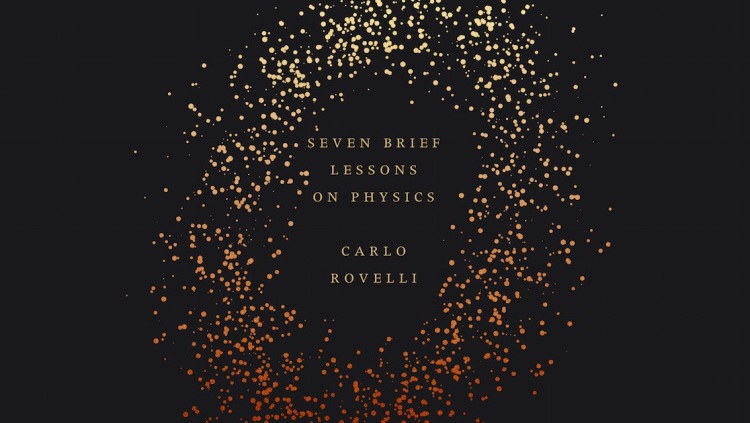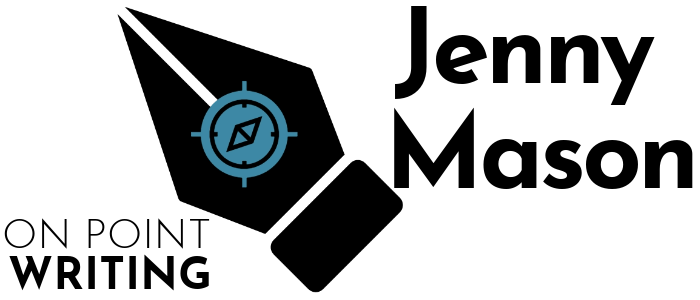Pinch your thumb to your index finger. Now spread them apart only enough to let a light smidgen through. Now a bit more. And…stop! That’s the thickness of a recent book about the entire field of physics and its most perplexing concepts. It’s the perfect quantum irony.

Rovelli, Carlo. Seven Brief Lessons on Physics. Trans. Simon Carnell and Erica Segre. New York: Riverhead Books, 2016. Print.
Gourmet cuisine is often the butt of jokes because it’s seen as high-priced food scraps colorfully arranged on gigantic platters. The portions are not minuscule because the chefs are cheapskates, rather because the food prep techniques have infused the meal with an intense combination of quintessential flavors and textures. When crafted by the most talented chefs, one sample suffices for a feast.
The casual observer could have the same knee-jerk reaction to this book: Rovelli’s lessons on the entire field of physics are so small as to seem laughable. However, Rovelli is such a deft writer that his succinct explanations of the most complex topics leave the reader feeling satisfied, enlightened, and darn near as versed as any scholar with a degree.
He makes the theory of relativity read like back-of-the-cereal box fun facts. Sure, it took one of the world’s greatest geniuses, Albert Einstein, to articulate the theory which advanced our perceptions of the cosmos for the first time in many centuries. But that doesn’t mean you can’t fully grasp the topic in the time it takes to eat a bowl of wheat wheels.
Well. Of. Course. Time moves faster in the mountains than at sea level, you chuckle, as if there was ever a time when you couldn’t comprehend this fact. Likewise with quantum theory, probabilities, and the cosmic architecture.
“Science is above all about visions,” Rovelli writes. He goes on to clarify that scientific thought is fed by the capacity to see things differently than they have been previously seen.
For instance, a human sees animal tracks in the dirt. She can add to that observation many other details and invent a story that upon this spot grazed a herd of antelope. This idea must be “invented” because the antelope are not there now. They’ve moved elsewhere beyond human senses. By following the story (literally following the tracks), the hunting human can feast.
Thus, Rovelli says, myths nourish science and science nourishes myth.
Rovelli reminds us that we are the last survivors on a chain of curiosity: homo. Homo erectus. Homo habilius. Homo neanderthalensis. And yet, we are witnessing an historic era of public mistrust of science. He supposes too many people have lost the ability to differentiate myth from science and vice versa.
Our curious cousins have all gone extinct. Are we built of longer-lasting stuff? Keep in mind the common turtle has existed more or less unchanged for hundreds of millions of years. That is hundreds of times longer than we have existed.
It’s tempting to feel hopeless, especially amidst the current global pandemic wherein so many people reject science wholesale, and yet, reading this book gave me much hope, especially if our survival hinges on always changing our vision of the world. In this compact, concise, easily-digestible text, every chapter offers a searing and sudden visionary shift. The many Aha! moments induce the kind of giddiness that usually only comes when guzzling an espresso that has been distilled into its even purer jet-fuel form.
And if nothing else, reading this book will enrich every Rick and Morty episode you watch before the inevitable apocalypse.
Need a few more minutes to procrastinate? Check out this book’s interactive website. Click through the lessons and be sure to experiment with how you click on those floating dots!

